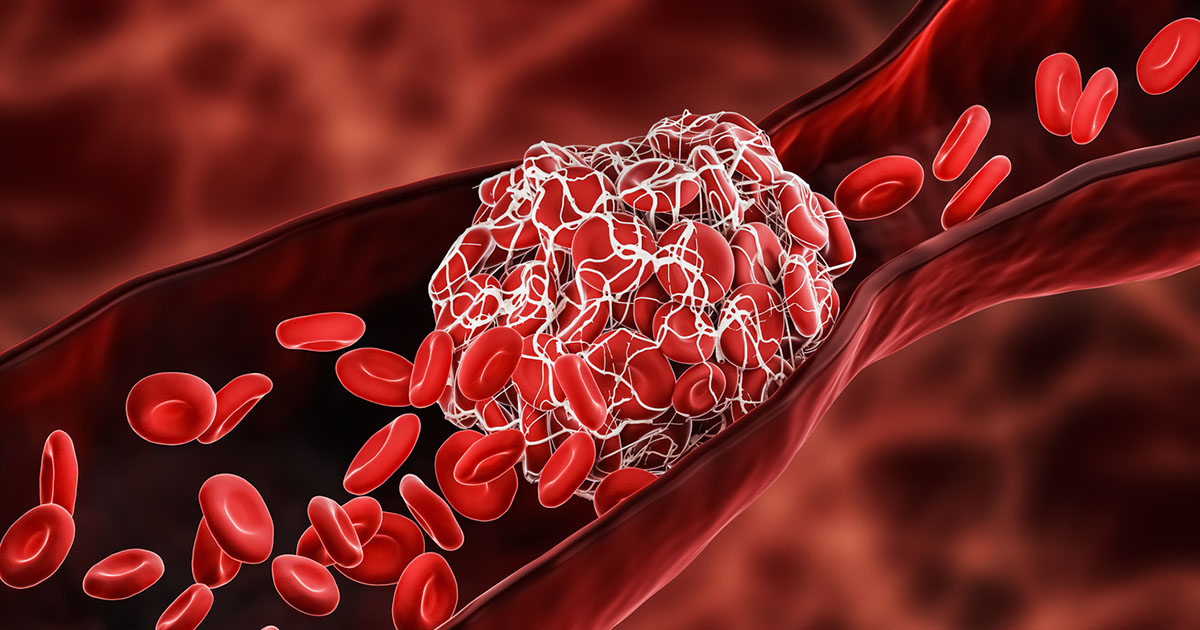The central role of the GP within the NHS is traditionally that of a ‘generalist’ first contact doctor. He or she should be able to deal, at least to a preliminary extent, with any medical problem that a patient may present with. Herein lies one of the great attractions of UK general practice, namely its variety. However, while embracing that variety, there have always been GPs who have chosen to pursue a particular aspect of their work to a greater depth.
According to Professor David Haslam, Chairman of Council, Royal College of General Practitioners (RCGP):
‘The art of being a generalist is the key to any GP’s work, and special interests are fundamentally there to complement, not replace, the core work of family doctors. But there is little doubt that enthusiasm for a special interest is truly beneficial to morale, recruitment and retention, and most importantly, to patient care.’ (DoH, 2003a)
For some these interests are clinical; for others they are educational or research based. Some GPs have worked in hospitals as clinical assistants, while others have become trainers and teachers, to give two frequent examples.
In recent years, GPs have also used their varied skills as organisers or policy makers within primary care trusts (PCTs). Now, both clinical and organisational expertise can be recognised within the description of the GP with a special interest (GPSI).
The joint Department of Health/RCGP document Implementing a scheme for GPSIs (DoH, 2002) defines a GPSI as:
‘General practitioners with special interests supplement their important generalist role by delivering a high quality, improved access service to meet the needs of a single PCT or group of PCTs. They may deliver a clinical service beyond the normal scope of general practice, undertake advanced procedures, or develop services. They will work as partners in a managed service not under direct supervision, keeping within their competencies. They do not offer a full consultant service and will not replace consultants or interfere with access to consultants by local general practitioners.’
The NHS Plan
The NHS Plan, an ambitious aspiration to remodel the NHS to fit 21st century needs, was published by the Department of Health in 2000. It promises the delivery of improved clinical care while also providing a better experience for patients – more choice, faster access and greater convenience.
The NHS Modernisation Agency was formed to implement this plan. An offshoot of this agency, the National and Primary Care Trust Development Programme (NatPaCT) became heavily involved in formalising the recognition of the roles of practitioners with special interests. GPs are not the only professionals to be recognised in this way – there are also programmes involving nurses, optometrists and other therapists.
Within the Department of Health paper Practitioners with Special Interests (DoH, 2003a) is stated the ambition to provide one million extra outpatient appointments in primary care rather than hospitals by 2006. Another ambition is a maximum waiting time for a first outpatient appointment of 3 months by 2005. To achieve this shift of service into the community, the NHS Plan promised 1000 GPSIs taking referrals from other GPs by 2004.
Interestingly, this is all to happen within a workforce where, between 1999 and the end of 2003, consultant numbers have risen by 25.3% but GP numbers by just 7.5% (DoH, 2004; Table 1).
Within this framework, however, lies the opportunity for GPs with specific areas of clinical interest and experience to be commissioned by PCTs to use their expertise for the benefit of their local healthcare community.
Following the launch of the NHS Plan, the NHS Modernisation Agency started work to develop guidelines and models for PCTs wishing to appoint GPSIs, and later other practitioners with special interests from other professions. Much of the GPSI work was undertaken and coordinated by Dr Clare Gerada, a GP with special interests in mental health and substance misuse, working under an arrangement between the RCGP and the Department of Health. The existence of a number of primary care specialist societies reflects fields with a track record of successful specialist GP work and these organisations were consulted during the drafting of GPSI guidelines.
Figure 1 lists the clinical specialties that can be covered by GPSIs (DoH, 2002). For diabetes, the ‘primary care specialist society’ role was fulfilled by Primary Care Diabetes UK (PCDUK), which was an integral part of Diabetes UK until 2004. Following a recent reorganisation of Diabetes UK, PCDUK has disappeared as a distinct entity within it, and is to reform alongside, but independent of, Diabetes UK as the Primary Care Diabetes Society in 2004.
Generic skills for GPSIs
Although specific guidelines have been developed, two groups of skills have been defined. These are generic skills applicable to a GPSI in any specialty, and specific skills relating to the clinical area to be covered. Generalist skills are listed in Figure 2 (DoH, 2003b)
For a GPSI in diabetes, the subject-specific skills listed in Figure 3 are suggested.
How do I become accredited as a GPSI in diabetes?
There is no centralised GPSI accreditation, as stated in DoH guidance (DoH, 2003a; Figure 4).
The guidance document for GPSIs in diabetes draws heavily on a paper produced by the Association of British Clinical Diabetologists (ABCD), the consultant special interest group. The ability of this group to produce a considered document on this subject in a short time is an object lesson to those who doubt the need for primary care specialist societies, as PCDUK was being disbanded by Diabetes UK during the time of these consultations. Hence the GPSI document on diabetes perhaps bears more of a secondary care influence than might otherwise have been the case. That said, constructive and amiable discussions did take place between senior members of ABCD and primary care diabetes specialists, and these continue.
The document suggests the acquisition of experience working under the direct supervision of a consultant physician with special interest in diabetes to a total of perhaps 40–50 sessions, at least for a practitioner without previous specific experience of diabetes care. In addition, a personal development portfolio showing evidence of advanced clinical skills and education acquired in a multidisciplinary environment is recommended. Attendance at appropriate courses, perhaps supported by the acquisition of a diploma qualification, is also helpful.
The RCGP recommends the maintenance of a personal development portfolio countersigned by an appropriate educational mentor or supervisor. Such a person is to be decided by the employing PCT, but local consultant diabetologists would be appropriate. An annual minimum of 15h of continuing professional development activity in the specialist area, together with appraisal in both generalist and specialist work, is suggested, as is membership of an appropriate professional network e.g. a primary care diabetes society and Diabetes UK.
Appointment of a GPSI by a PCT
PCTs will differ in their reasons for seeking to appoint a GPSI. In some, the aim may be to provide an intermediate level of clinical services that are more specialised than those offered by local practices but stop short of the need for consultant attention (ABCD, 2002; Figure 5).
In other PCTs the GPSI might be given the task of planning and supervising
the provision of community diabetes services, with little or even no actual clinical activity. In any event, it is hard to conceive the idea of a GPSI working in isolation – diabetes care is a collaborative enterprise.
Whatever the local model, a properly considered analysis of the job and service specification is essential. The job plan should be in place before the GPSI appointment is finalised, although in practice this has not always been the case.
PCTs have access to another very useful DoH paper, the Step-by-Step Guide to Setting up a GPwSI Service (NATPACT/01/CE or via www.gpwsi.org). This starts with the premise that experience has shown that a successfully implemented GPSI service will be a joint PCT and acute trust initiative. The document goes on to make five key points:
- Before appointing a GPSI there should be a strategic assessment of service needs, provision and priorities.
- GPSIs are only one of a number of options available to PCTs, and other practitioners or service models may be more appropriate in a given situation.
- Patient groups should be involved in the development and planning of new services.
- The support of all parties affected by a service should be gained, from service users to GPs who may be making referrals, other professionals (e.g. DSNs, dietitians, podiatrists) and local consultants.
- The clinical role of GPSIs is not the only one that may be called upon. Their role as trainer, coach and educator to other professionals, or as a service developer or planner, may be equally important.
The guide then develops these points, giving PCTs a useful template, and discussing in detail issues ranging from service provision, appointments, records and training to employment status and indemnity.
Unfortunately, despite the availability of well-worked guidelines such as these, there remain far too many tales of GPSI appointments made without effective prior planning. Thus there are GPSIs unclear of their roles, lacking professional support, and who may be dangerously vulnerable should things go wrong.
However, if care is taken with the creation of a GPSI (diabetes) post, there is undoubtedly the potential to offer an improved community diabetes service and an attractive job. It should be possible to work towards NHS Plan targets of accessible, appropriate high quality services, while adding to the attractiveness of general practice as a career path.
Pay and conditions of service
There are no nationally negotiated or recommended terms or conditions of service for GPSIs. Approximate figures mentioned on Department of Health websites are in the region of £200 per session, but actual appointments have been made both at higher and lower figures. Pay is not the only aspect of the job requiring negotiation – others include:
- Professional indemnity
- Resources for continuing professional development
- Accountability, governance and appraisal
- Scope of the service: who is seen, where and when?
- Relationships with secondary care
- Availability of supporting staff: DSNs, podiatrists, dietitians, and clerical staff.
- Administrative arrangements and support: appointments, letters, audit.
Conclusions
The GPSI role is a recognition and extension of the work that many GPs have been doing for years. It is an opportunity for career development for GPs who wish it, and for service development by PCTs for patients. Local flexibility is a strength, but also contains potential pitfalls. Some excellent work has been done producing guidelines regarding GPSI appointments. Too often, however, such appointments are being made with inadequate preparation. The success of a GPSI service is likely to be proportional to the care with which it is developed.





Small increases in three lifestyle behaviours are effective in reducing all-cause mortality.
27 May 2025